

AGRICULTURE
Ghana Horticultural Expo 24: Compliance with international quality and safety standards is non-negotiable – FAGE President
President of the Federation of Associations of Ghanaian Exporters (FAGE), Davies Korboe has noted with concern that compliance with international food safety standards remains a major hurdle for many horticulture sector actors, including Ghana, hindering access to premium markets.

Date Created : 7/10/2024 : Story Author : Dominic Shirimori/Ghanadistricts.com
He reminded actors in the horticulture sector that meeting stringent international quality and safety standards is non-negotiable for accessing premium markets and maintaining consumer trust abroad.
Addressing the opening ceremony of a three-day first-ever Ghana Horticultural Expo at the Accra International Conference Centre, on Tuesday, July 9, 2024, Mr. Korboe said though strides have been made in enhancing local standards like the national food safety regulations, achieving compliance with international certifications like Global G.A.P and HACCP can be challenging for smallholder farmers due to a lack of resources and knowledge.
It is for this reason that further efforts are needed to align with global benchmarks and certifications. He said increased investment in training programs to educate farmers on best practices for hygiene, traceability, and Integrated Pest Management will be essential. More so, government’s support for certification costs and fostering partnerships with international certification bodies can create a more streamlined process for achieving compliance.

According to him, horticulture is not only about crops; “it's about livelihoods, economic growth, and sustainable development that contributes substantially to our economy through agricultural expansion.”
And in that regard, there is a rising demand for high-quality vegetables, presenting ample opportunities for growth and investment and holding significant promise for farmers, processors, input suppliers, and investors, for a diverse array of vegetable farming.
Statistically, “Ghana raked in about $3.94 billion in 2023 in non-traditional exports. This was about an 11% increase over the 2022 record. According to GEPA, it is projected to hit $25 billion by 2028. With the service sector still dominating in terms of GDP’s contribution to the national economy, the revelation, while impressive, put the agricultural sector at 19.57 percent with about $495.8 million to the national GDP”.

“Beyond this, the sector provides great potential for employment as well as addressing food security and food safety. The production and post-harvest handling of fruits and vegetables market is equally showing great potential not just for Ghanaian companies but multinationals as well”.
These notwithstanding, he said the local actors in Ghana are faced with some challenges in seizing market opportunities. “The fierce competition from neighboring countries such as Burkina Faso and Niger, especially in the production of onions and tomatoes are a stack reality.”
Mr. Korboe who commended government for instituting some measures that are propelling the sector forward such as
• the government's establishment of the Ghana Agricultural Land Information Bank (GhLIB) aimed at significantly improving access to land, with a focus on sustainable land management practices to ensures the long-term health of our agricultural lands
• the government's strategic initiatives and partnerships with international organizations that has helped the horticultural sector's growth.
• Investments in research and development, infrastructure development, and market access have facilitated increased yields and improved quality standards.
.jpg)
He however, appealed to government to address challenges that have hindered the full potential of the sector,
* including limited international exposure,
* inconsistent supply volumes, and
* non-compliance with global standards have posed hurdles.
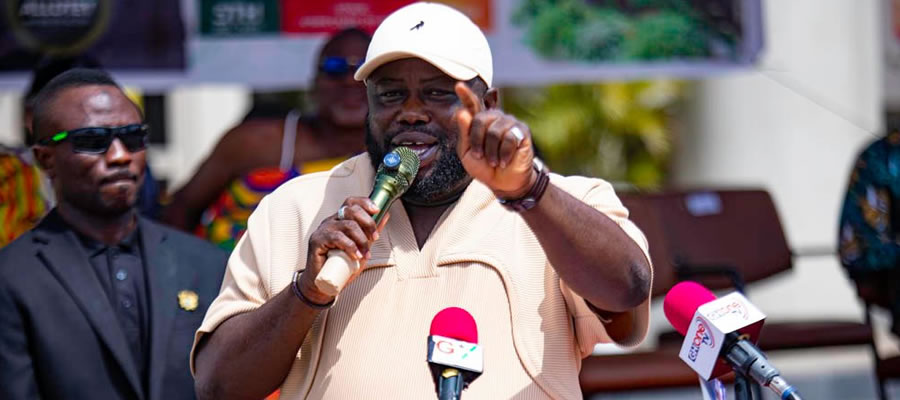
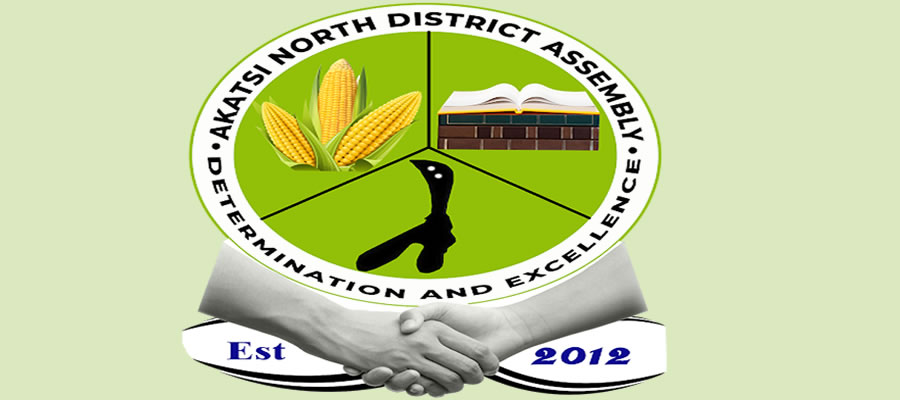
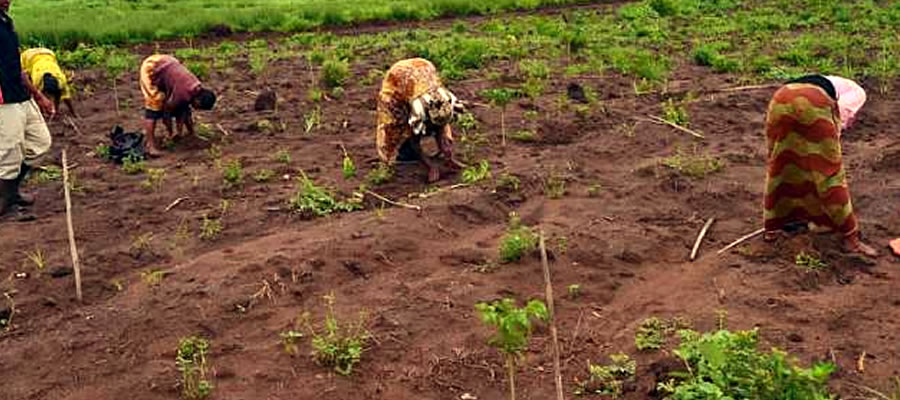
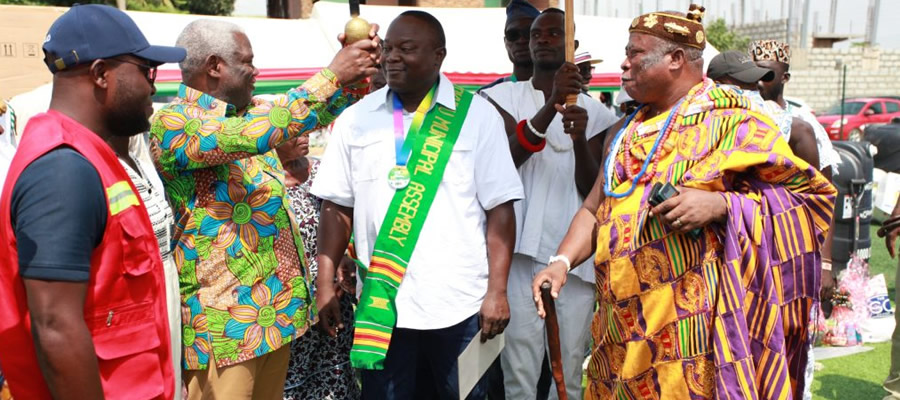

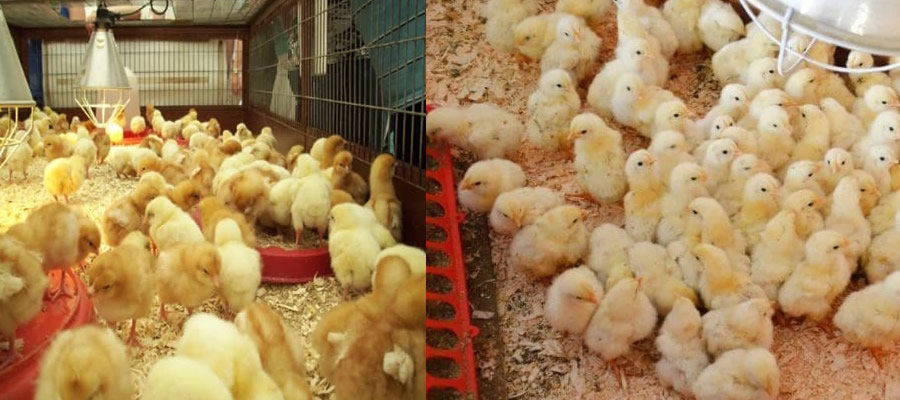
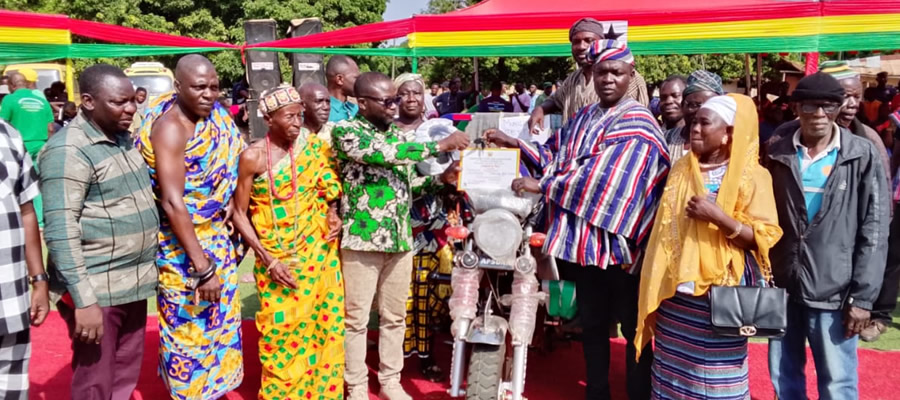
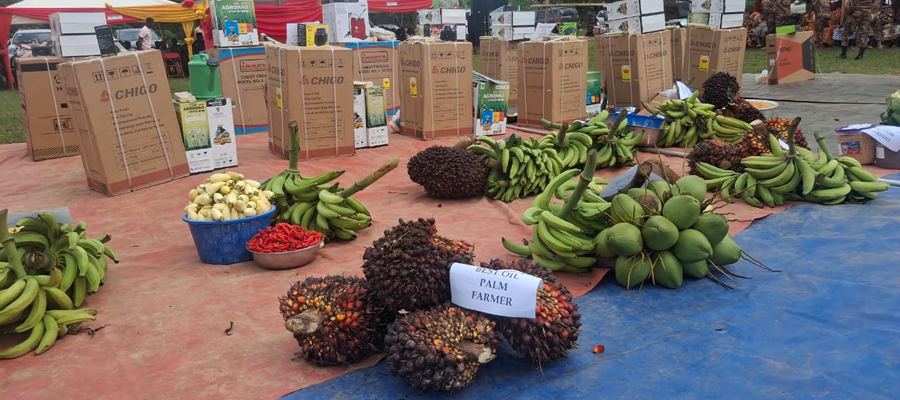
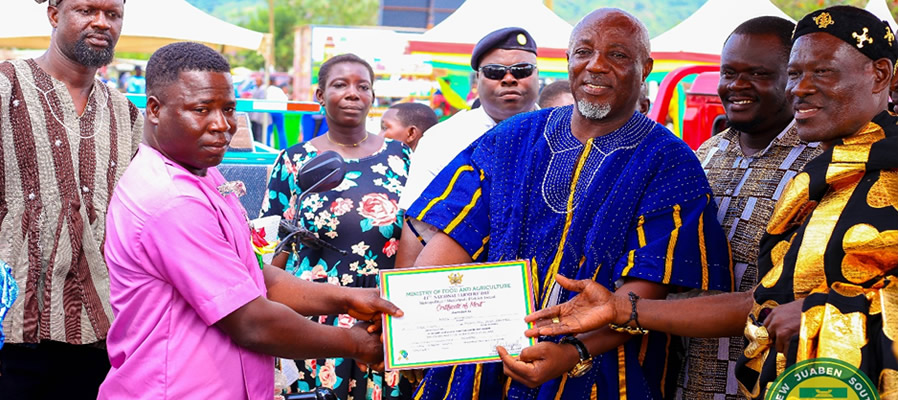

 facebook
facebook
 twitter
twitter
 Youtube
Youtube
 +233 593 831 280
+233 593 831 280 0800 430 430
0800 430 430 GPS: GE-231-4383
GPS: GE-231-4383 info@ghanadistricts.com
info@ghanadistricts.com Box GP1044, Accra, Ghana
Box GP1044, Accra, Ghana